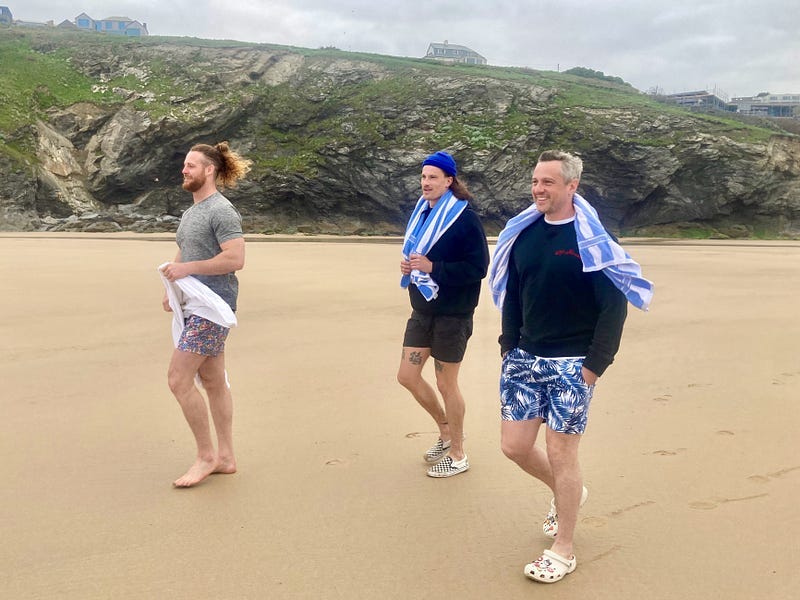I took time out from work for a mental health retreat and this is what I learned
Mental health plays an important role in overall wellbeing, and the ability to manage stress is a crucial part of it — what I have often…
Mental health plays an important role in overall wellbeing, and the ability to manage stress is a crucial part of it — what I have often overlooked is that it is a skill you can learn.
A constant at the high-growth companies I have worked for is the focus on delivery and, as a corollary, ways to improve performance. For me, this has covered new processes, technical advancements and creating the “right culture” — but I have spent little time exploring how to deal with these often chaotic environments. This has been quite an omission on my part, as there are many research-backed techniques that can help maintain your performance and, even more importantly, to stay healthy.
Not understanding this resulted in experimenting with my own approaches, consisting mainly of exercise and stoic avoidance, with mixed results. Recently, however, I have been encouraged, and drawn, to reading and learning more about the many techniques that can help with managing stress.
This resulted in me attending a men’s mental health retreat for the weekend, to find out more. It was one of the best decisions I have made.
The retreats are organised by Anthony Mullally — a successful Rugby pro who decided to follow his passion by founding a company that offers these unique experiences. The aim is to help people “re-establish their connection to the natural world” with the goal of “bringing clarity and calm to the mind in an otherwise chaotic world”. The weekend was an amazing experience consisting of breath work, cold-immersion, mindfulness and incredible vegan food.
It’s really hard to distil four days of learning and experiences but my key takeaways are:
You can’t change the mind with the mind: In stressful situations, it is very hard to “think” yourself calm but something as simple as changing your breathing can. Slowing your breathing consciously influences the autonomic nervous system to engage your “rest and digest” response that helps reduce stress and anxiety. Something as simple as a “psychological sigh” (two inhales, followed by an extended exhale) can help you manage stress in the moment — say just before giving an important presentation — and mindful “box breathing” (breathe in through your nose, hold your breath, exhale, hold again each for the count of four) can help improve cognitive function and focus.
Voluntary exposure to stress builds resilience: Saunas, ice baths and short intense workouts are types of hermetic stresses. These activities not only provide immediate physical and emotional benefits but also produce resilience to stress over time. It’s important to try and incorporate as much of these into your routine as possible. From my very recent experience, the positive effect of a cold-water plunge on my mood means I am now taking a cold shower every morning — something I never thought I would do!
New experiences help bring balance: Being open to new experiences can help challenge your thinking and assumptions, build strength to face challenges and become more accepting of yourself and others. Over the weekend this was reinforced for me in many ways. Most notably with the patience required to experience the momentary joy of surfing, the curiosity and openness to discover, the restorative effects of a sound bath and just how incredible vegan food can taste.
I would encourage everyone to start investing in building similar skills as soon as possible. As I have found out, there are a number of simple techniques and practises that if you integrate into your daily routine can have an immediate benefit. Also, these benefits compound over time, improving your quality of life through more effective stress management and increasing your overall mental health and wellbeing.
If it’s something that sounds interesting, here are a few reading recommendations that I have found useful:
Outlive: The Science and Art of Longevity Hardcover by Peter Attia and Bill Gifford
Think Like a Monk by Jay Shetty
Breath: The New Science of a Lost Art by James Nestor
Or just head to the next retreat :-)




